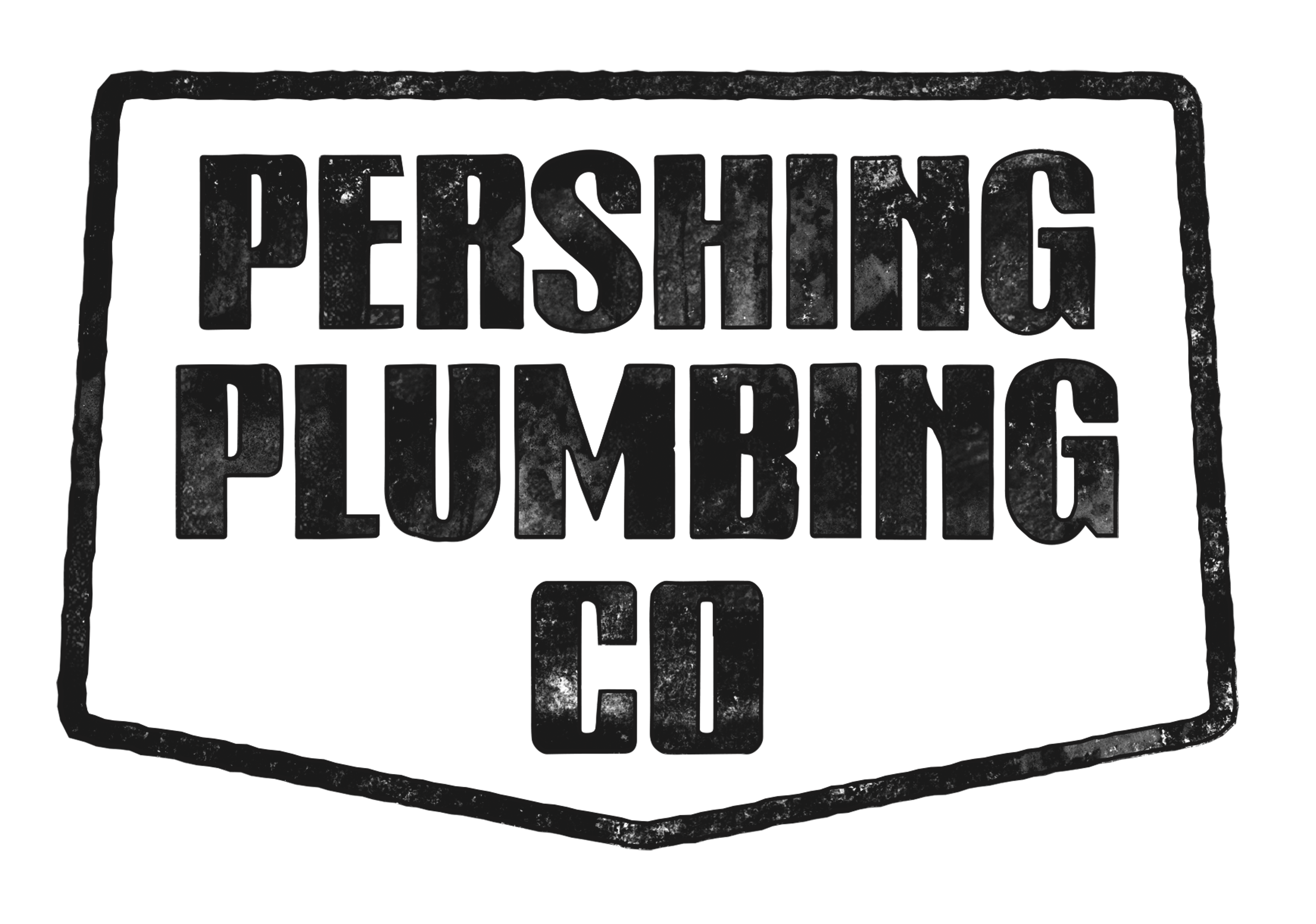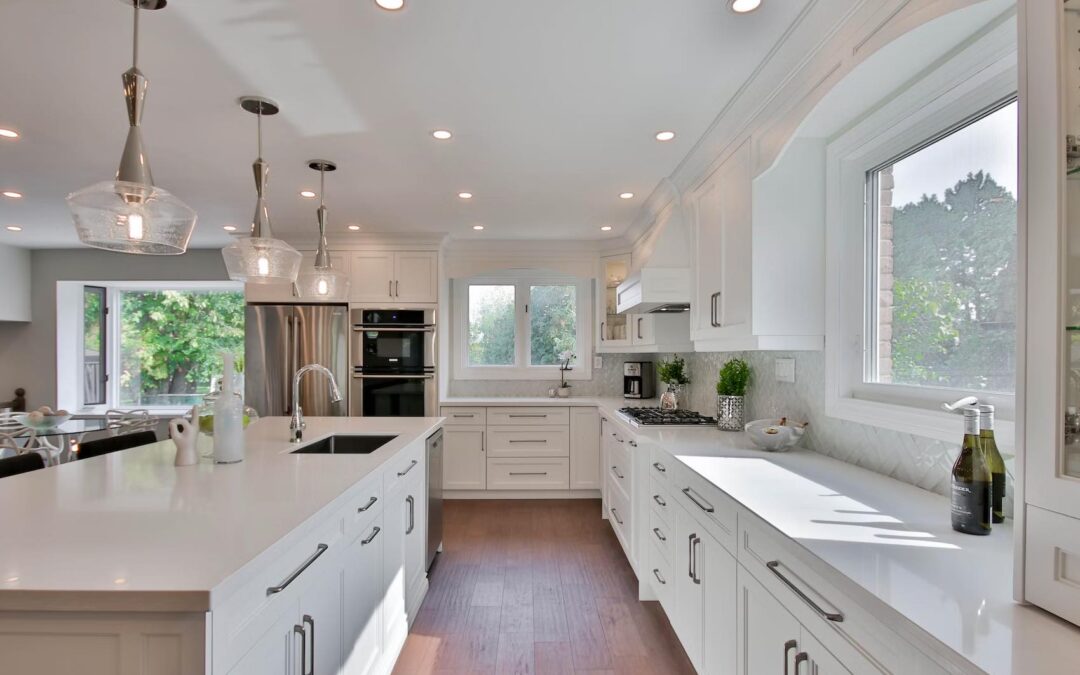An energy-efficient plumbing system not only helps reduce utility bills but also contributes to a more sustainable and eco-friendly home. By implementing smart strategies and making thoughtful choices, you can optimize your plumbing system’s energy efficiency. In this article, we will explore new ideas and advice to help you increase the energy efficiency of your plumbing system, saving both energy and money in the process.
- Upgrade to Low-Flow Fixtures
One effective way to boost energy efficiency in your plumbing system is by upgrading to low-flow fixtures. Low-flow faucets, showerheads, and toilets are designed to reduce water consumption without compromising performance. These fixtures limit the flow rate of water, resulting in significant water and energy savings. By installing low-flow fixtures throughout your home, you can reduce the amount of hot water required and lower the energy needed for water heating, making your plumbing system more efficient.
- Insulate Hot Water Pipes
Insulating hot water pipes is a simple yet effective step towards improving energy efficiency. By insulating the pipes, you minimize heat loss as hot water travels from the water heater to the taps. Insulation helps maintain higher water temperatures, reducing the need for the water heater to work harder to compensate for heat loss. This not only conserves energy but also provides faster hot water delivery, reducing the waiting time for hot water at the taps.
- Install a Water Heater Blanket
For traditional tank-based water heaters, consider installing a water heater blanket. A water heater blanket is an insulating jacket that wraps around the water heater, reducing heat loss and improving energy efficiency. It acts as a barrier, preventing heat from escaping the tank and reducing the frequency of the water heater cycling on to maintain the desired temperature. This simple and affordable upgrade can lead to significant energy savings over time.
- Optimize Hot Water Use
Another way to increase energy efficiency is by optimizing your hot water use. Take shorter showers, fix leaks promptly, and avoid running the tap unnecessarily. By being mindful of your hot water consumption, you reduce energy waste and lower the load on your plumbing system. Additionally, consider using cold water for laundry when possible and utilizing energy-efficient appliances such as dishwashers and washing machines, which consume less water and energy per cycle.
- Explore Renewable Energy Options
To take your plumbing system’s energy efficiency to the next level, explore renewable energy options. Consider installing solar water heaters or heat pump water heaters that harness renewable energy sources to heat your water. Solar water heaters use the sun’s energy, while heat pump water heaters extract heat from the air or ground. These systems significantly reduce reliance on traditional energy sources, helping you achieve a greener and more sustainable home.
Conclusion
Increasing the energy efficiency of your plumbing system not only reduces utility bills but also contributes to a more sustainable lifestyle. By upgrading to low-flow fixtures, insulating hot water pipes, installing a water heater blanket, optimizing hot water use, and exploring renewable energy options, you can maximize energy efficiency and reduce waste in your plumbing system. Embracing these new ideas and advice allows you to make a positive impact on both your wallet and the environment. Take the necessary steps to unleash the efficiency of your plumbing system and enjoy the benefits of an energy-efficient home.

